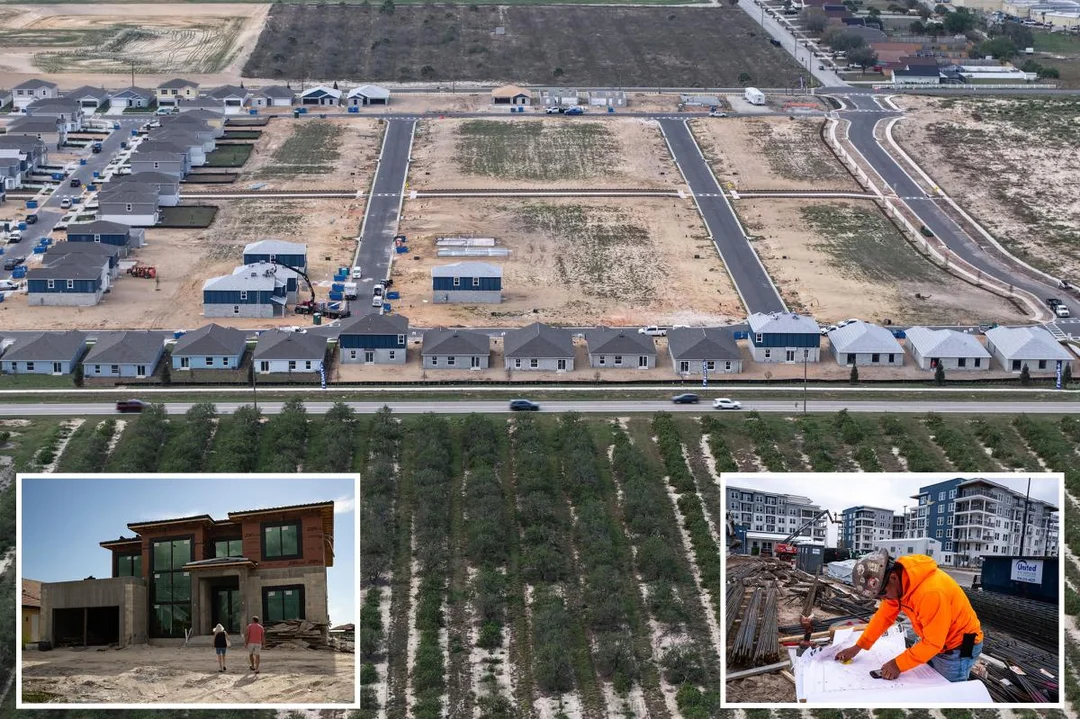
Is the U.S. Housing Bubble on the Verge of Bursting? Florida’s Alarming Price Drops Could Be Just the Start
The U.S. housing market has long been a symbol of American prosperity, but recent trends suggest trouble on the horizon. With Florida experiencing its most significant home price decline in 13 years, experts are questioning whether the nation is heading toward a real estate collapse reminiscent of 2008. This downturn, driven by high interest rates, soaring insurance costs, and an oversupply of properties, is not only reshaping the Sunshine State but could signal broader economic challenges across the country.
Drawing from multiple reports, Florida's housing woes are at the forefront. In cities like North Port, Tampa, Cape Coral, and Jacksonville, sellers are slashing prices at an unprecedented rate, with over a quarter of listings seeing reductions in April alone. Realtor.com data highlights that more than 28% of homes in Cape Coral had price cuts, while Jacksonville saw similar trends amid a 35% surge in inventory. This isn't isolated; the broader Sun Belt region, including Texas and Arizona, is witnessing similar declines, as noted in a recent analysis. High mortgage rates, exacerbated by economic pressures, have made homes unaffordable for many, cooling the pandemic-fueled rush to these areas.
Experts point to several factors fueling this shift. Redfin Senior Economist Sheharyar Bokhari explained in a Bloomberg interview that the single-family market is weakening, with the pandemic exodus to Florida losing steam. 'The condos drive a lot of it, but it seems that the single-family market is also weakening,' Bokhari said, emphasizing how high rates and insurance costs are pricing out potential buyers. Similarly, Reventure CEO Nick Gerli warned on social media that Florida's oversupply could lead to further drops, predicting an additional 5% decline in the coming year. In contrast, markets in the Northeast and Midwest, as reported by The Wall Street Journal, are seeing price increases, highlighting a stark regional divide.

Comparing these trends, the Sun Belt's struggles stand out. Phoenix tops the list of cities with the fastest price drops, where 31% of listings have been reduced, according to Realtor.com. Denver, outside the Sun Belt, also shows vulnerability with a 65% inventory jump. This oversupply is pushing sellers to negotiate, as Hannah Jones from Realtor.com noted: 'Buyers are in a good position to negotiate in these markets.' The implications are profound—while this could offer opportunities for first-time buyers, it poses risks for developers and homeowners facing declining values.
In essence, this housing correction reflects deeper economic forces at play, from climate-related insurance hikes in Florida to nationwide affordability issues. As inventory builds and demand softens, the U.S. market's future remains uncertain.
In summary, Florida's housing decline underscores potential vulnerabilities in the broader U.S. economy, raising questions about long-term stability. Will this trend spread, or is it a localized correction? We invite readers to share their thoughts: Have you seen similar changes in your area? Leave a comment below and help us explore this evolving story—don't forget to share this article with others for a wider discussion.